MAGICS Talks: Symbiosis, resonance, and mattering
In this second edition of MAGICS Talks we will encounter three perspectives on how technology shapes, unsettles, and expands artistic practice. Our speakers explore the entanglements between humans, machines and environments.
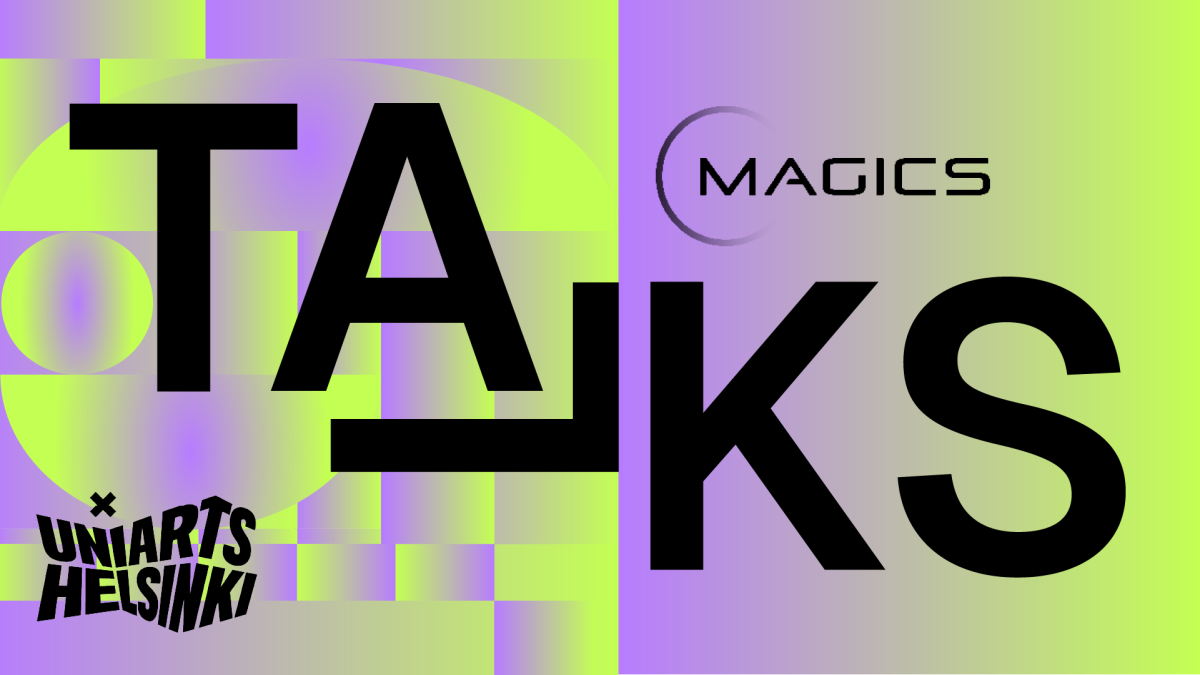
Introduction
MAGICS is the national infrastructure for human in the digital world, and a community built around six academic nodes across Finland: Aalto University, Tampere University, Uniarts, University of Lapland, Turku University of Applied Sciences, and University of Jyväskylä. This event is the second in series of talks organised at the MAGICS nodes this year.
Join our three presenters as they explore:
- Performative practices featuring systems that have autonomy in decision-making.
- Resonant, community-driven performances through digital choreography and emergent performance with digital systems.
- Techno-ecodramaturgical practices that stage other-than-human and biospheric agencies as co-performers and reimagine theatre as an ecological milieu that problematizes categories of nature and artifice.
This edition invites us to reflect on how artists navigate and reshape aesthetic and ethical landscapes through technological entanglement.
The event stream
Registration for in person attendance
If you want to attend the event in person please register here due to limited seating capacity.
Speaker biographies
Hanna Pajala-Assefa
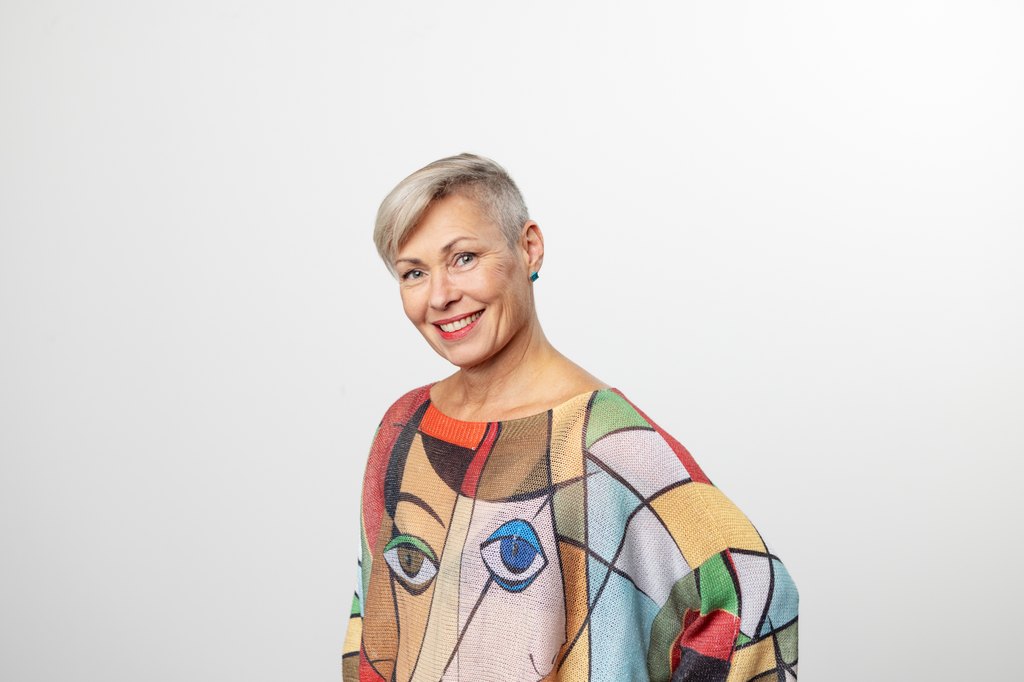
Hanna Pajala-Assefa is a cross-media choreographer and a doctoral candidate in the Performing Arts Research Centre at Helsinki University of the Arts. Her doctoral thesis on digital choreography investigates dance and choreographic practices in mediated, interactive performance environments. Her long artistic practice in contemporary dance, choreography, film, and new media technologies underpins her research practice focusing on extended posthuman improvisatory practices and choreography.
Jan Schacher
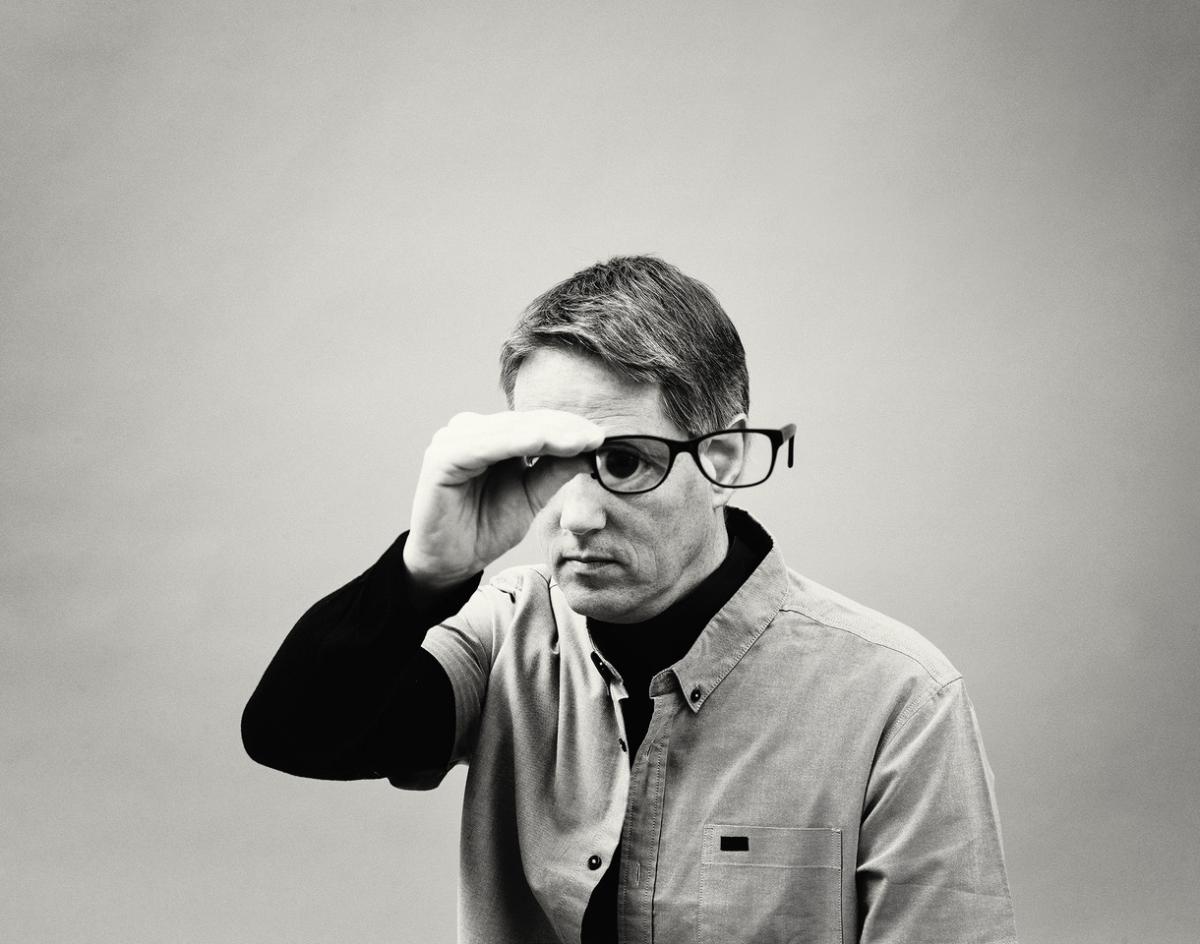
Jan Schacher is an artist-researcher and educator performing on stage and other environments, working with and through sound, body, and presence. Trained as instrumentalist, composer, and digital artists, his practice has shifted from using sounds to be organised as music to seeing the body as the central site of action, perception, and culture, as the focal point in sounding performances. In his practice, he investigates how the musician’s body establishes and grounds the intertwined relationship between perception, musical actions, and the intangible presence of sound. With a focus on the relationship to the Other(s) in artistic and social contexts he looks at the different agencies present when performing the world through sound.
Jan Schacher’s artistic works have been situated in such diverse contexts as media festivals, improv music gigs, intercultural projects, and sound art investigations in urban space. Currently, the aim of his artistic work is linking the diverging, yet complementary strands into comprehensive and comprehensible forms that function both in the artistic and scholarly domains.
In parallel to his practice as an artist, from 2003 onwards, Jan Schacher was an Associate Researcher at the at the Zurich University of the Arts, where he led research projects on musical gesture, immersive media and sound, interaction and its perception from a position of both artistic and systematic research. Since 2021, he has been Professor of Music and Technology at the Sibelius Academy of the University of the Arts in Helsinki, Finland.
Vincent Roumagnac
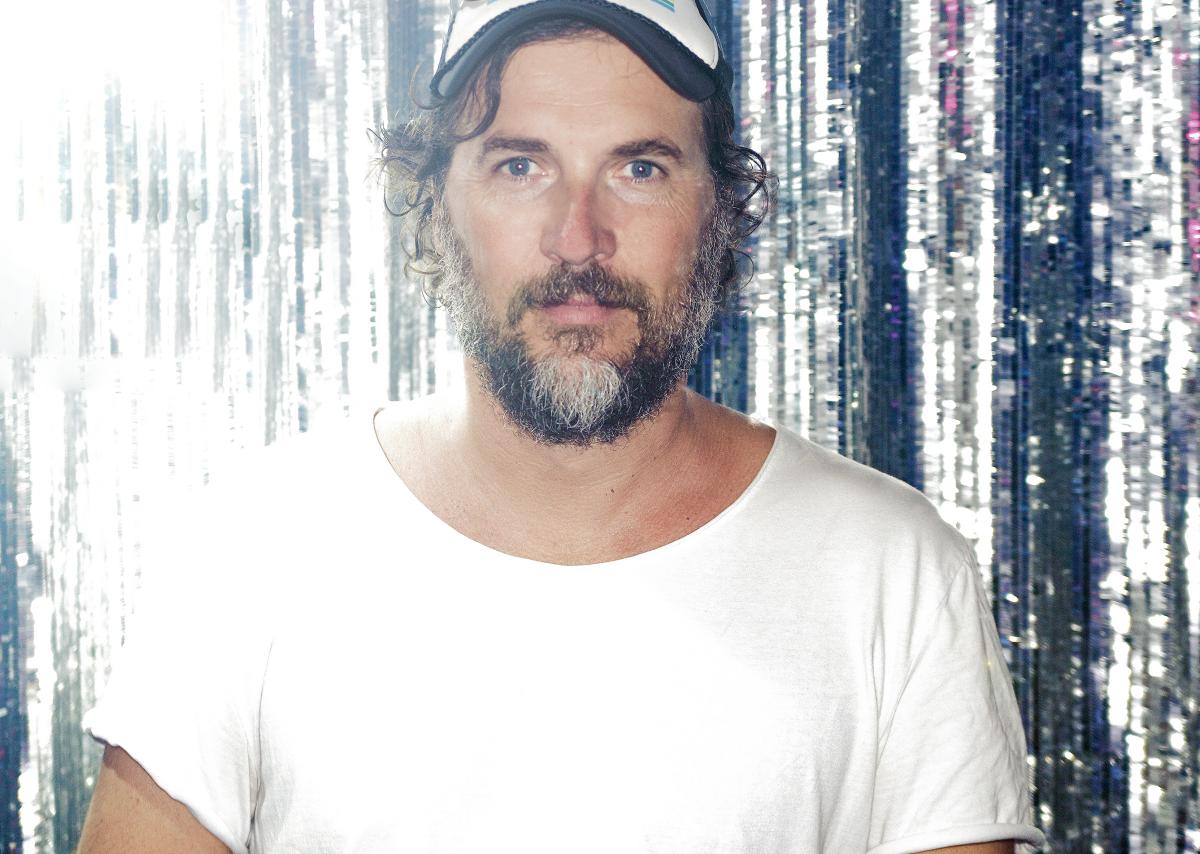
Roumagnac is a Basque-French artist and researcher based in Helsinki. He began his artistic professional life in theatre, initially as an actor and later as a director. However, he moved away from ’straight theatre’ practices and modes of production, focusing instead on how the notions of stage and theatricality evolve in response to climate urgency and technological advancements, within what he coined as a discipline-fluid methodology. His artworks, which merge visual, installation, and performing arts, are rooted in intervention and site-sensitive genealogies and ecologies. While exploring alternative scenographic ways to engage with contemporary, multiple, and complex – i.e. biospheric and computational – simultaneous environments, he is involved in investigative and collaborative processes that concretely respond to the term ’artistic research,’ which he ecosystemically understands and implements as research through art-making, and disseminates through experiential and sensory alternative formats of collective knowledge construction. His aesthetic aim is to revise theatre boundaries by deconstructing traditional production patterns, testing what he calls ’re-ecologising theatre.’ By playing obliquely with the memory of Western theatre, its conventions and internal operating modes, its architecture, and its literature, he transforms his practice of directing into what he calls ’redirecting’. Redirecting methods, agencies, relations, and temporalities thus generates scenographic responses that question the heritage of an anthropocentrism embedded in the very mechanism of Western theatre. In 2020, he completed his Doctorate in Arts at TUTKE–Performing Arts Research Centre/Uniarts Helsinki, with his artistic research project Reacclimating the Stage. After that, he led the four-year post-doctoral artistic research project DATA OCEAN THEATRE. In 2025, he is initiating the new artistic research project Stages of Flower Power (2025–2028). Since 2021, he has been affiliated as visiting researcher at Uniarts Helsinki, in the Theatre Academy, where he mentors and supervises students, and teaches part-time in the intersecting areas of performing/installation/visual arts, theatre ecology, ecodramaturgy, site-sensitivity, artistic research, and multidisciplinarity. Roumagnac’s artistic research projects have been supported so far by Kone Foundation (Finland), The Finnish Cultural Foundation (SKR), Taike-Arts Promotion Centre Finland, Niilo Helander Foundation, Svenska Kulturfonden, Uniarts Helsinki.
Moderator Nitin Sawhney
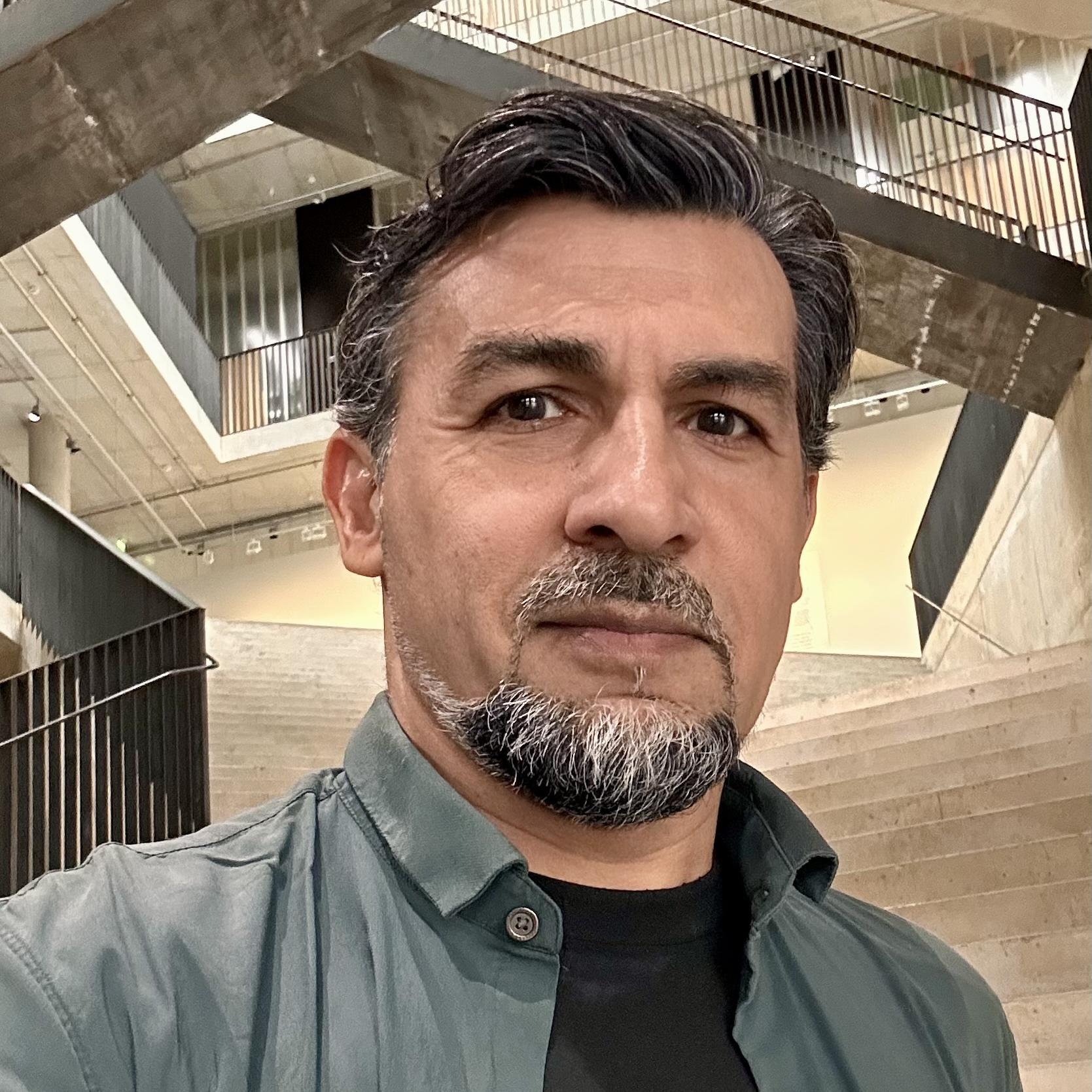
Nitin Sawhney is a visiting researcher at the University of the Arts Research Institute. He has a background in computational media, human-centered design and documentary film. He served as a Professor of Practice in the Department of Computer Science at Aalto University, leading the Critical AI and Crisis Interrogatives (CRAI-CIS) research group. He completed his doctoral dissertation at the MIT Media Lab, and taught in the Media Studies program at The New School and the MIT Program in Art, Culture and Technology (ACT). Working at the intersection of Human Computer Interaction (HCI), responsible AI, and participatory design research, he examines the critical role of technology, civic agency, and social justice in society and crisis contexts. He has co-curated exhibitions and co-directed documentaries in Gaza and Guatemala, focusing on creative resistance and historical memory in conditions of war and conflict. In October 2024 he co-organized the Contestations.AI Transdisciplinary Symposium on AI, Human Rights and Warfare in Helsinki. He is currently developing a transdisciplinary platform to foster critical dialogues and co-existence through science, technology, and the arts, and conceptualizing a new documentary film project critically examining the role of AI in warfare.
Contact information for the event
Introduction
MAGICS is the national infrastructure for human in the digital world, and a community built around six academic nodes across Finland: Aalto University, Tampere University, Uniarts, University of Lapland, Turku University of Applied Sciences, and University of Jyväskylä. This event is the second in series of talks organised at the MAGICS nodes this year.
Join our three presenters as they explore:
- Performative practices featuring systems that have autonomy in decision-making.
- Resonant, community-driven performances through digital choreography and emergent performance with digital systems.
- Techno-ecodramaturgical practices that stage other-than-human and biospheric agencies as co-performers and reimagine theatre as an ecological milieu that problematizes categories of nature and artifice.
This edition invites us to reflect on how artists navigate and reshape aesthetic and ethical landscapes through technological entanglement.
The event stream
Registration for in person attendance
If you want to attend the event in person please register here due to limited seating capacity.
Speaker biographies
Hanna Pajala-Assefa

Hanna Pajala-Assefa is a cross-media choreographer and a doctoral candidate in the Performing Arts Research Centre at Helsinki University of the Arts. Her doctoral thesis on digital choreography investigates dance and choreographic practices in mediated, interactive performance environments. Her long artistic practice in contemporary dance, choreography, film, and new media technologies underpins her research practice focusing on extended posthuman improvisatory practices and choreography.
Jan Schacher

Jan Schacher is an artist-researcher and educator performing on stage and other environments, working with and through sound, body, and presence. Trained as instrumentalist, composer, and digital artists, his practice has shifted from using sounds to be organised as music to seeing the body as the central site of action, perception, and culture, as the focal point in sounding performances. In his practice, he investigates how the musician’s body establishes and grounds the intertwined relationship between perception, musical actions, and the intangible presence of sound. With a focus on the relationship to the Other(s) in artistic and social contexts he looks at the different agencies present when performing the world through sound.
Jan Schacher’s artistic works have been situated in such diverse contexts as media festivals, improv music gigs, intercultural projects, and sound art investigations in urban space. Currently, the aim of his artistic work is linking the diverging, yet complementary strands into comprehensive and comprehensible forms that function both in the artistic and scholarly domains.
In parallel to his practice as an artist, from 2003 onwards, Jan Schacher was an Associate Researcher at the at the Zurich University of the Arts, where he led research projects on musical gesture, immersive media and sound, interaction and its perception from a position of both artistic and systematic research. Since 2021, he has been Professor of Music and Technology at the Sibelius Academy of the University of the Arts in Helsinki, Finland.
Vincent Roumagnac

Roumagnac is a Basque-French artist and researcher based in Helsinki. He began his artistic professional life in theatre, initially as an actor and later as a director. However, he moved away from ’straight theatre’ practices and modes of production, focusing instead on how the notions of stage and theatricality evolve in response to climate urgency and technological advancements, within what he coined as a discipline-fluid methodology. His artworks, which merge visual, installation, and performing arts, are rooted in intervention and site-sensitive genealogies and ecologies. While exploring alternative scenographic ways to engage with contemporary, multiple, and complex – i.e. biospheric and computational – simultaneous environments, he is involved in investigative and collaborative processes that concretely respond to the term ’artistic research,’ which he ecosystemically understands and implements as research through art-making, and disseminates through experiential and sensory alternative formats of collective knowledge construction. His aesthetic aim is to revise theatre boundaries by deconstructing traditional production patterns, testing what he calls ’re-ecologising theatre.’ By playing obliquely with the memory of Western theatre, its conventions and internal operating modes, its architecture, and its literature, he transforms his practice of directing into what he calls ’redirecting’. Redirecting methods, agencies, relations, and temporalities thus generates scenographic responses that question the heritage of an anthropocentrism embedded in the very mechanism of Western theatre. In 2020, he completed his Doctorate in Arts at TUTKE–Performing Arts Research Centre/Uniarts Helsinki, with his artistic research project Reacclimating the Stage. After that, he led the four-year post-doctoral artistic research project DATA OCEAN THEATRE. In 2025, he is initiating the new artistic research project Stages of Flower Power (2025–2028). Since 2021, he has been affiliated as visiting researcher at Uniarts Helsinki, in the Theatre Academy, where he mentors and supervises students, and teaches part-time in the intersecting areas of performing/installation/visual arts, theatre ecology, ecodramaturgy, site-sensitivity, artistic research, and multidisciplinarity. Roumagnac’s artistic research projects have been supported so far by Kone Foundation (Finland), The Finnish Cultural Foundation (SKR), Taike-Arts Promotion Centre Finland, Niilo Helander Foundation, Svenska Kulturfonden, Uniarts Helsinki.
Moderator Nitin Sawhney

Nitin Sawhney is a visiting researcher at the University of the Arts Research Institute. He has a background in computational media, human-centered design and documentary film. He served as a Professor of Practice in the Department of Computer Science at Aalto University, leading the Critical AI and Crisis Interrogatives (CRAI-CIS) research group. He completed his doctoral dissertation at the MIT Media Lab, and taught in the Media Studies program at The New School and the MIT Program in Art, Culture and Technology (ACT). Working at the intersection of Human Computer Interaction (HCI), responsible AI, and participatory design research, he examines the critical role of technology, civic agency, and social justice in society and crisis contexts. He has co-curated exhibitions and co-directed documentaries in Gaza and Guatemala, focusing on creative resistance and historical memory in conditions of war and conflict. In October 2024 he co-organized the Contestations.AI Transdisciplinary Symposium on AI, Human Rights and Warfare in Helsinki. He is currently developing a transdisciplinary platform to foster critical dialogues and co-existence through science, technology, and the arts, and conceptualizing a new documentary film project critically examining the role of AI in warfare.